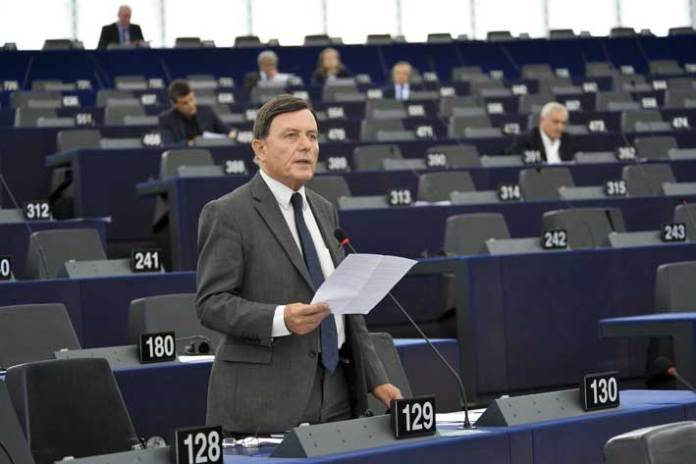
Online classes have confirmed a digital divide among students related to differences in access to digital devices, the quality of online teaching and unequal personal capacities to learn alone on a computer, Alfred Sant stated in the European Parliament.
In an explanation of vote on a resolution dealing with the future of European education in the context of the Covid-19 pandemic, Alfred Sant told the plenary session of the European Parliament that the pandemic has caused a disruption in education systems, exposing an entire generation of young people to huge discontinuities in their learning experience.
In mid-April 2020, no fewer than 188 countries around the world had closed schools nationwide, affecting some 1.5 billion learners representing 91 per cent of learners enrolled in schools.
Alfred Sant said the on-going digital transition in education was accelerated more than existing infrastructures were ready for. Reports stress that the too rapid switch to digital educational processes occurred in a context where 43 per cent of Europeans still lacked basic digital skills. The digital education gap has exacerbated existing inequalities.
“There is an opportunity to rethink the future of education but it has to be coupled to the priority of addressing the digital education gap. The European Council’s decision to slash flagship education programmes in the next long-term EU budget undercuts both opportunity and priority”, stated Alfred Sant. Moreover, the educational needs of remote and rural areas need to be given greater attention. Finally, Alfred Sant stressed that efforts should concentrate on ensuring that in-person learning can resume in a COVID-19-secure environment, in balance with on-going online instruction, according to the latest best practice guidelines.




































